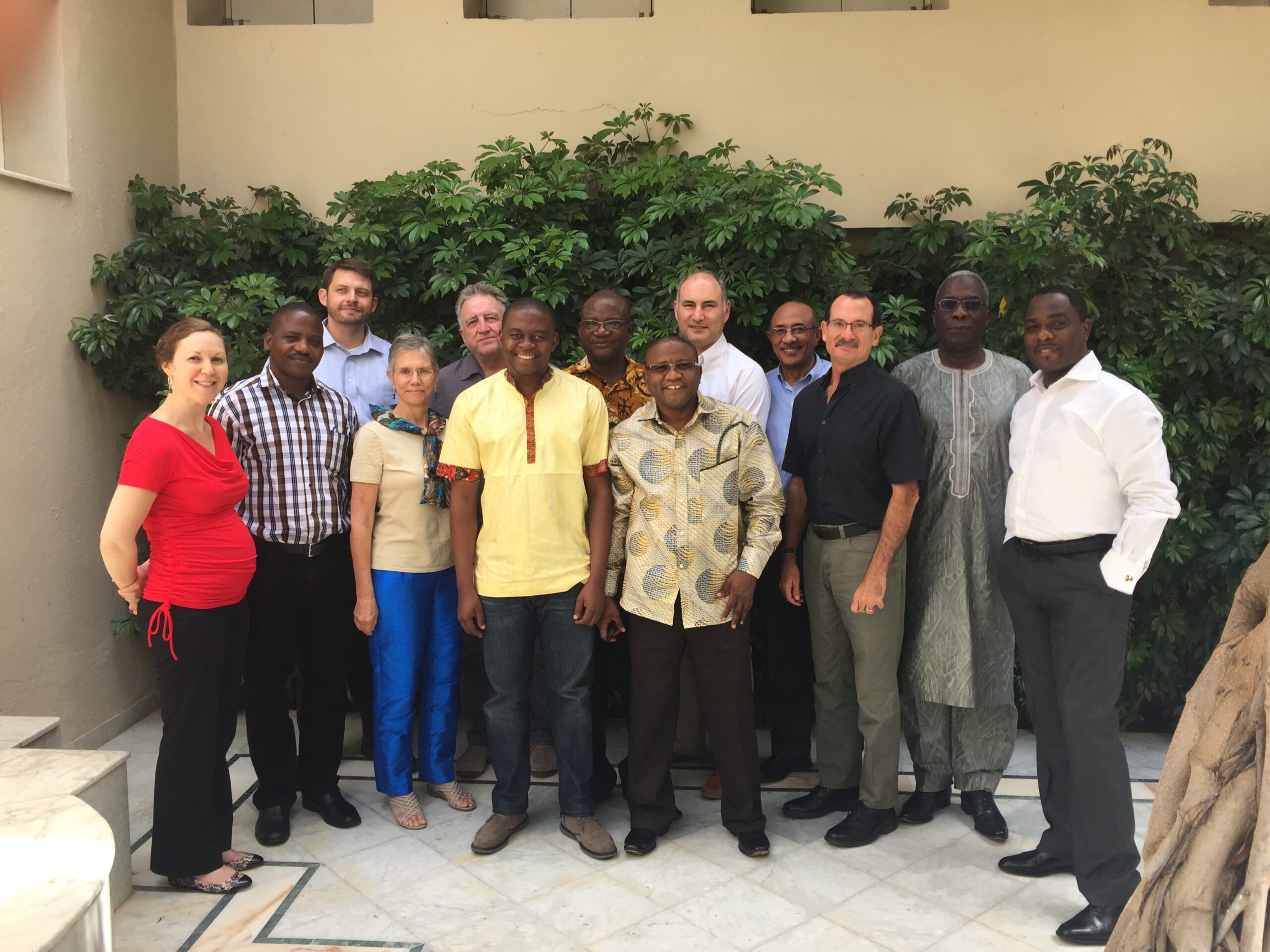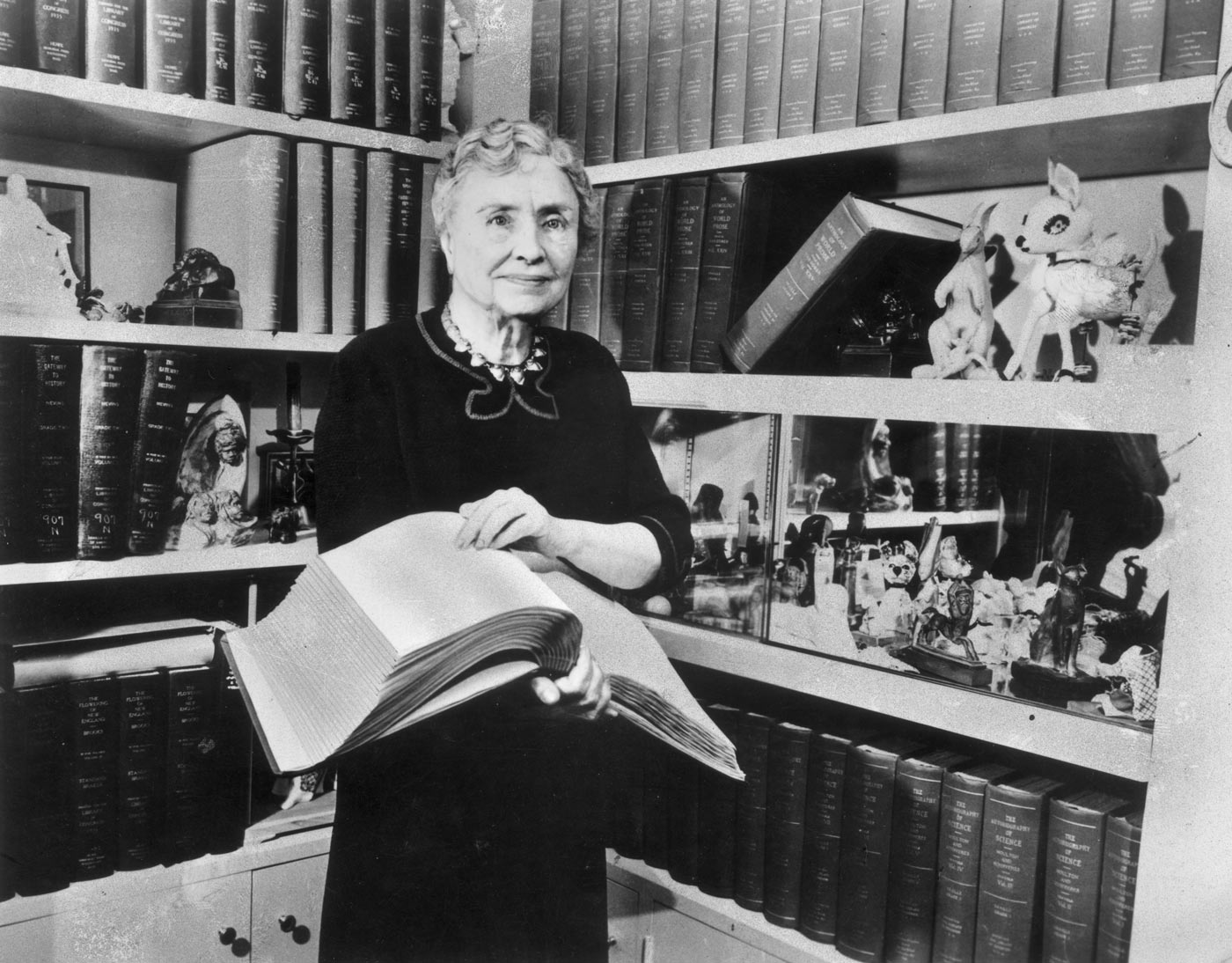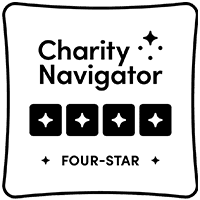
Making Progress in the Fight Against Neglected Tropical Diseases
The USAID MMDP Project, managed by Helen Keller International, held its first technical trachomatous trichiasis meeting in Hammamet, Tunisia April 23-24, 2015. HKI’s Emily Toubali (pictured far left) serves as MMDP Project Director.
MMDP (Morbidity Management and Disability Prevention) targets Burkina Faso, Cameroon, and Ethiopia with strategies to help each country reach its elimination goals for trachoma, a bacterial infection of the eye and the leading cause of infectious blindness worldwide, and lymphatic filariasis (LF), also known as elephantiasis, a parasitic infection carried by mosquitos which causes painful, elephant-like swelling of the limbs and other extremities, disfiguring and disabling many adults. The Project will support the planning, implementation, and monitoring of the scale‐up of trichiasis (TT) surgery to treat those suffering from the binding stage of trachoma; hydrocele surgery for those disfigured by LF; and lymphedema management for those living with LF.
The meeting was led by the Kilimanjaro Center for Community Ophthalmology, a partner on the MMDP Project, with representatives from the Ministry of Health Burkina Faso and Cameroon, as well as staff from Helen Keller International, Emory University, the Fred Hollows Foundation, and RTI International.
The April meeting focused on the development of detailed national strategies to improve the quality and efficiency of trichiasis management services, as well as the strengthening of leadership, management, and partnership skills of all involved in program implementation.
The meeting marks an important step of acceleration for each country, and a continued commitment to address trachoma elimination with both quality and urgency, so that the global trachoma elimination date of 2020 is achieved.



